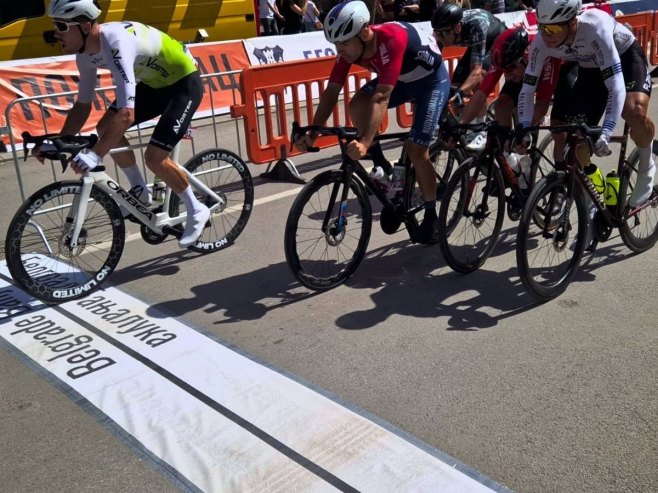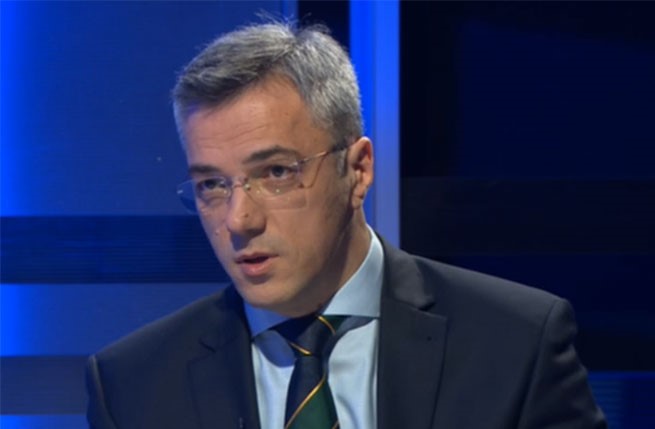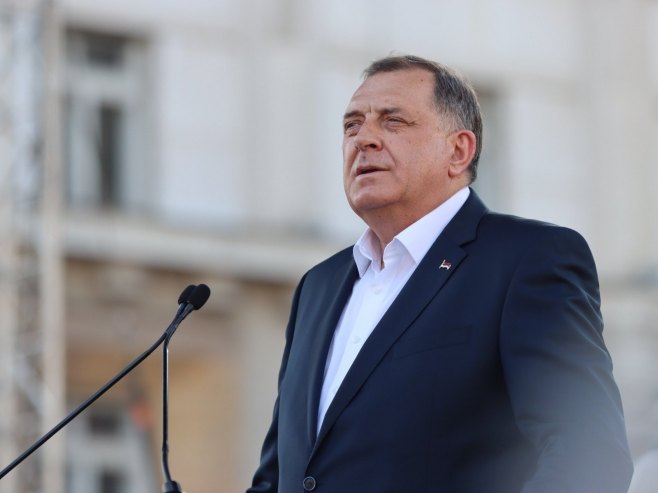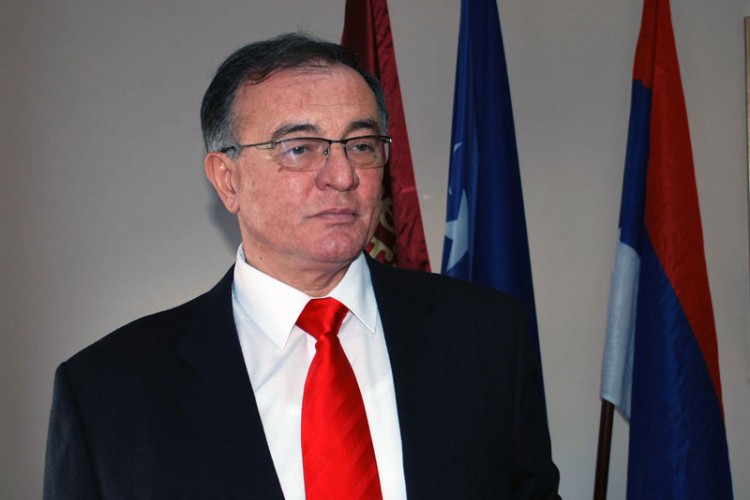While the world seeks ways to align with Trump’s victory, only in Bosnia and Herzegovina are efforts focused on adapting to Biden’s defeat. This paradox encapsulates the political narrative crafted by political Sarajevo following Trump’s return to power in the United States. Despite the irrationality, even absurdity, of this approach, its roots are clear. They stretch back to the war era, specifically to the days when the so-called Sarajevo Tunnel was constructed and operationalized, giving rise to a new political psychology in the Sarajevo basin.
The legacy of the tunnel
One unresolved question that continues to haunt Sarajevo is why, during the war, a sack of flour cost three to four times more on the Dobrinja side of the tunnel compared to the Butmir side, even though both were controlled by the so-called Army of the Republic of Bosnia and Herzegovina. Even more puzzling is why the same flour was sold more cheaply when purchased from Serb or UN black marketeers. This lack of introspection and accountability has allowed those who profited from these injustices to maintain control, perpetuating the narrative of salvation via “tunnels of hope.” These “tunnels” have since evolved into metaphorical structures like the current political dealings symbolized by figures such as Michael Murphy, whose directives dictate governance in the Federation of Bosnia and Herzegovina.
Political Sarajevo’s predicament
Today, political Sarajevo seeks to buy time, aiming to survive Biden’s defeat while avoiding engagement with Trump’s victory. Their strategy hinges on obstructing expected Serb initiatives toward Washington, waiting for Murphy’s departure from Bosnia. Once he leaves, Sarajevo plans to reclaim its initiative with the new U.S. administration, lobbying for the continuation of existing policies against Republika Srpska and the Serbs.
The irony is that Sarajevo’s own political choices have led to its unfavorable position. Why should anyone else, particularly from Republika Srpska, align with their self-inflicted predicament or aid in further obstructing efforts for a balanced political approach?
The siege narrative
In 1992, Sarajevo found itself in an “expected and logical” siege, as the majority Serb population surrounding the city decided to defend their homes. The conflict, unfairly labeled the “Siege of Sarajevo,” was attributed a one-sided, inhumane character. For over 30 years, questions remain unanswered: Would it have been more humane for the Serbs to abandon their homes, ending the so-called siege, or for Bosniak leaders in 1992 to accept a tripartite agreement and avoid prolonged conflict? Such questions remain taboo, unaddressed even as Sarajevo’s political elite continues to exploit fear to maintain control.
Latent fears and new challenges
Sarajevo’s current geopolitical position—surrounded by Republika Srpska, Serbia, Croatia, remnants of Herceg-Bosna institutions, and broader Christian, Orthodox, and now evolving U.S. policies—fuels fear among its leaders. This fear manifests in their desperate attempts to influence the incoming U.S. administration while clinging to the remnants of Biden’s policies.
The exaggerated anxieties were evident in Foreign Minister Elmedin Konaković’s recent embarrassing misstep, where he celebrated an outdated tweet from Biden’s administration as though it represented the stance of Trump’s new State Department spokesperson.
The Latas effect
The fear of political Sarajevo echoes the historical trauma associated with Omer Pasha Latas, who decimated the Bosniak elite, leaving lasting scars. Similarly, the potential geopolitical shifts following a resolution of the Russia-Ukraine conflict threaten to expose Sarajevo’s political frailty. Faced with a reshaping global order, Sarajevo’s leaders lack the vision to engage beyond their limited sphere of influence.
The future: beyond the tunnel
Republika Srpska’s interests lie in avoiding entrapment in Sarajevo’s political tunnel. Any interaction with political Sarajevo must remain firmly within the framework of the Dayton Agreement. History has shown that attempts to placate Sarajevo often lead to betrayal, sanctions, and renewed hostilities.
As Bosnia and Herzegovina faces global shifts, the key question remains: Will political Sarajevo choose to perpetuate its insular narrative or adapt to a world where collaboration, not division, dictates survival?
Source: Banjaluka.net









